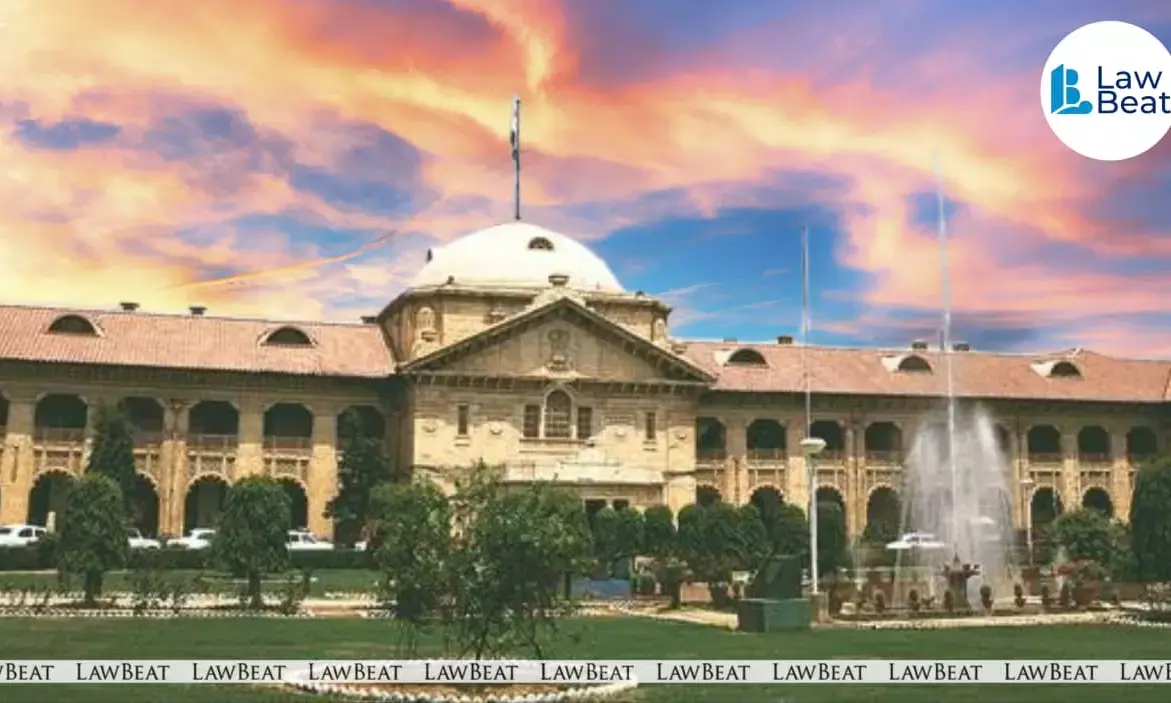Allahabad High Court Acquits Death Row Convicts in Rampur CRPF Attack, Finds Investigation Deeply Flawed

The Allahabad High Court faults 'fatally defective' probe, sets aside death sentences in 2008 CRPF Rampur terror case
The Allahabad High Court has overturned the death sentences of four men convicted in the 2008 terror attack on the Central Reserve Police Force (CRPF) Group Centre in Rampur, faulting the prosecution for a “fatally defective” investigation that failed to establish guilt beyond reasonable doubt.
The bench of Justices Siddhartha Varma and Ram Manohar Narayan Mishra acquitted all the accused of murder and terror charges under the IPC, UAPA, and Explosives Act, but upheld their conviction under Section 25(1-A) of the Arms Act for possessing prohibited weapons, sentencing them to ten years’ rigorous imprisonment and a fine of Rs. 1 lakh each.
"This case would have met a different result had the investigation and the prosecution been conducted by a more trained police...The defect in investigation went to the root of the case and ultimately culminated in the acquittal of the accused persons. We are deeply concerned with the magnitude and enormity of the offence and at the same time we are constrained to observe that the prosecution miserably failed to prove the case against the accused for the principal offence beyond reasonable doubt which is a golden rule that runs through the web of criminal jurisprudence", the order stated.
The court observed thus while allowing two capital cases, and a criminal appeal. The pleas arose from multiple connected trials before the Rampur Sessions Court concerning the pre-dawn attack of January 1, 2008, in which seven CRPF personnel and one civilian were killed.
The primary appellants namely Mohd. Sharif @ Suhail @ Sazid @ Anwar @ Ali, Sabauddin, Imran Shahjad, and Mohd. Farooq had been sentenced to death by the trial court in 2019 under Section 302 read with 149 of the Indian Penal Code and Section 27(3) of the Arms Act. A fifth accused, Jang Bahadur Khan, had been sentenced to life imprisonment. All were also convicted under the Unlawful Activities (Prevention) Act, the Explosive Substances Act, and the Prevention of Damage to Public Property Act.
Reassessing the entire record, the High Court found multiple procedural and evidentiary deficiencies in the investigation. It noted that none of the witnesses had previously known the accused, yet the police failed to conduct a Test Identification Parade (TIP) or ensure that the accused were kept “baparda” (unexposed to public view) before identification. The Bench said such omission “strikes at the root of the prosecution,” especially since the FIR and witness statements under Section 161 CrPC were silent on how the accused were recognised.
Court also found serious lapses in the handling of physical evidence, observing that firearms, cartridges, and grenades allegedly recovered from the scene were not securely preserved or properly traced through the chain of custody. Key witnesses who should have verified storage and transfer of evidence were not examined. Further, the sanction granted under the Explosive Substances Act by the District Magistrate on November 1, 2008, was held to be defective and contrary to procedure.
Citing these infirmities, court held that the prosecution had “miserably failed” to establish guilt under the IPC, UAPA, and Explosives Act, leading to the acquittal of all accused on those counts. The Bench answered the death sentence reference accordingly, setting aside the capital punishment and the life term imposed by the trial court.
However, the High Court found credible material to sustain the conviction under Section 25(1-A) of the Arms Act for unlawful possession of prohibited weapons, including AK-47 rifles, magazines, and hand grenades. It sentenced each of the four principal accused to ten years’ rigorous imprisonment with a Rs. 1 lakh fine, clarifying that if any of them had already undergone ten years in custody, the period would be treated as sufficient punishment.
Court directed compliance with Section 437A of the Code of Criminal Procedure at the time of release and directed the State Government to consider disciplinary or legal action against investigating officers responsible for lapses in the probe. It also recorded appreciation for the amicus curiae, awarding him a fee of Rs. 25,000.
Case Title: Mohd. Sharif @ Suhail @ Sazid @ Anwar @ Ali
Judgment Date: October 29, 2025
Bench: Justice Siddhartha Varma and Justice Ram Manohar Narayan Mishra
